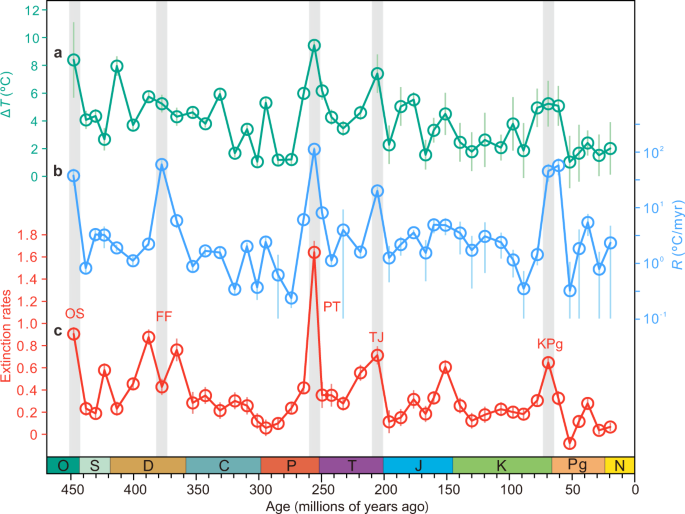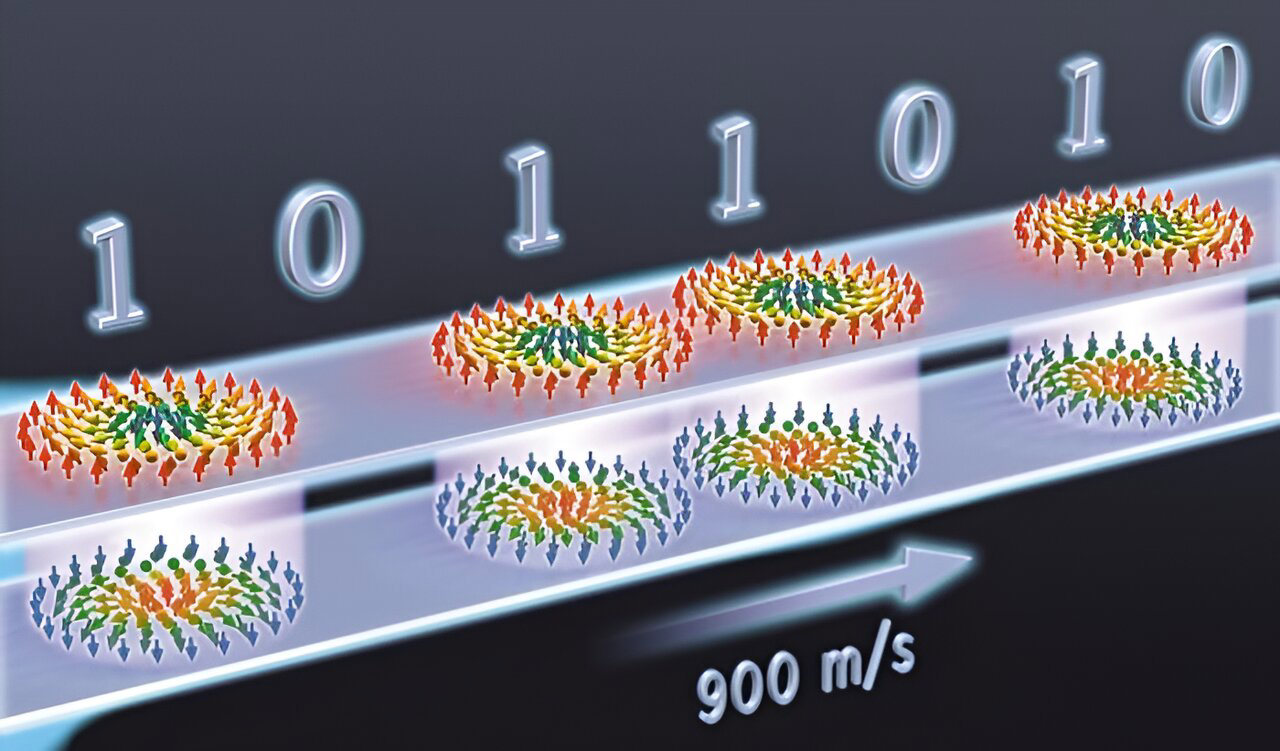
Psychogenic fever: how psychological stress affects body temperature in the clinical population
Psychogenic fever is a stress-related, psychosomatic disease especially seen in young women. Some patients develop extremely high core body temperature (Tc) (up to 41°C) when they are exposed to emotional events, whereas others show persistent low-grade high Tc (37–38°C) during situations of chronic stress. The mechanism for psychogenic fever is not yet fully understood. However, clinical case reports demonstrate that psychogenic fever is not attenuated by antipyretic drugs, but by psychotropic drugs that display anxiolytic and sedative properties, or by resolving patients' difficulties via natural means or psychotherapy. Animal studies have demonstrated that psychological stress increases Tc via mechanisms distinct from infectious fever (which requires proinflammatory mediators) and that the sympathetic nervous system, particularly β3-adrenoceptor-mediated non-shivering thermogenesis in brown adipose tissue, plays an important role in the development of psychological stress-induced hyperthermia. Acute psychological stress induces a transient, monophasic increase in Tc. In contrast, repeated stress induces anticipatory hyperthermia, reduces diurnal changes in Tc, or slightly increases Tc throughout the day. Chronically stressed animals also display an enhanced hyperthermic response to a novel stress, while past fearful experiences induce conditioned hyperthermia to the fear context. The high Tc that psychogenic fever patients develop may be a complex of these diverse kinds of hyperthermic responses.
Among those who develop episodic or persistent high core body temperature (Tc) without any inflammatory causes, there are patients whose high Tc is associated with psychological stress.1-14 Some patients develop a high fever (up to 41°C) when they are exposed to emotional events (Fig. 1 ), whereas others show a persistent low-grade fever (37–38°C) lasting months and even years, either during or after situations of chronic stress (Fig. 2 ) (for review, see).15,16 The existence of such patients has been recognized since the early twentieth century17 and their high Tc has been called “psychogenic fever”2,18,19 or “neurogenic fever.”20,21 Psychogenic fever is bothersome for both patients and physicians because, although many patients consider the fever to be disabling, there is no abnormal finding to account for their high Tc and antipyretic drugs do not reduce their fever. Moreover, there are still physicians who do not recognize the fact that psychological stress can cause high Tc.
Leave a Comment
Related Posts















/cdn.vox-cdn.com/uploads/chorus_asset/file/25336775/STK051_TIKTOKBAN_CVirginia_D.jpg)





